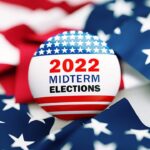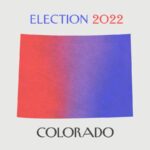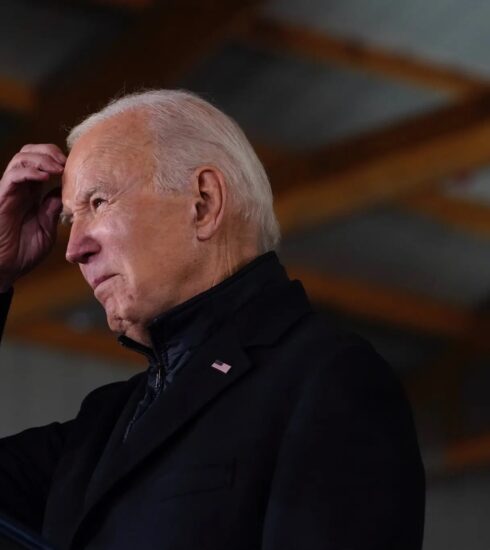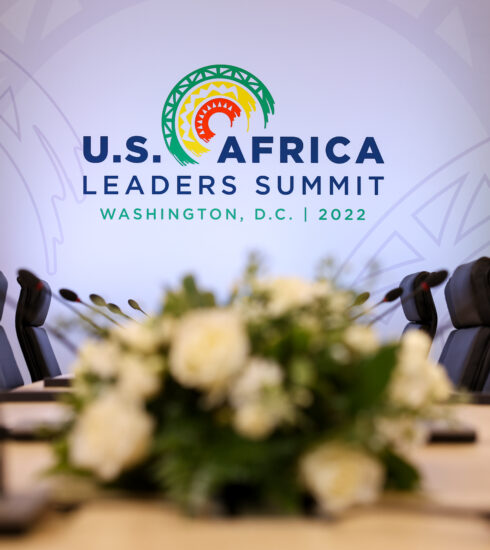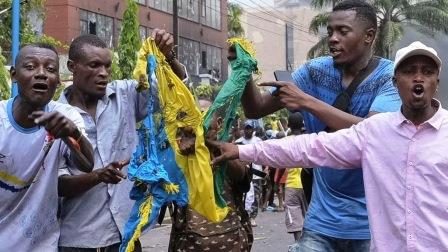— 2023 Elections could make or mar its future
Nigeria appears to be on another critical period once again – preparing to ascend another transition of power. But like every other election season, the stakes are undoubtedly high; tension abounds and uncertainty is also in abundance. It is this uncertainty that has now given rise to concerns and worries on the directions the 2023 presidential election will lead the nation. The polls which have been set for February 2023 will be the seventh consecutive elections since the return to democracy in 1999. This represents 23 years of unbroken democracy; the longest period in the country’s history.
It’s no longer news that Nigeria’s 2023 elections will be conducted under a new electoral framework, the Electoral Act of 2022. The Act allows INEC (the body charged with conducting elections in Nigeria) to review results made under duress or financial inducement, extends the time for campaigns from 90 to 150 days, and provides for the use of technology to determine the mode of voting and transmission of results. Pundits believe these measures can help manage situations where inaccurate results are returned, expand the opportunity for politicians to visit the nooks and crannies of the country if they so desire and cure the chaotic, vulnerable manipulation and unnecessarily opaque process of aggregating results.
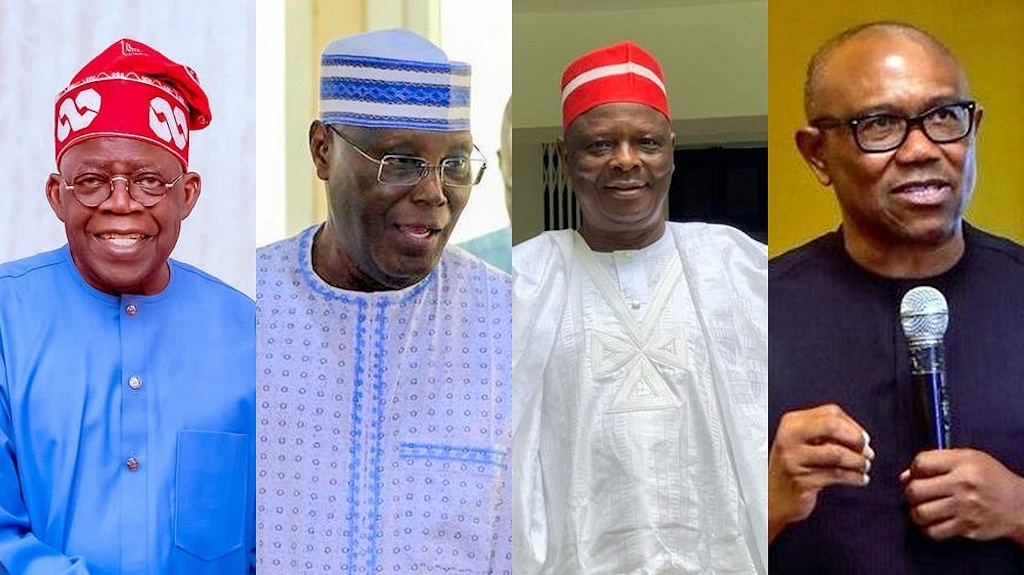
However, instead of reducing the role of money in politics, the Act has increased the campaign finance limit from N1 billion to N5 billion for presidential candidates. The ceiling for all other elected positions has also been increased fivefold, but without any efforts to improve the scrutiny of compliance limits; they are still likely to be exceeded.
Beyond the shores of Nigeria, its neighbors have been waiting with bated breath to see how the success or failure of the upcoming polls will affect them. The Economic Community of West Africa States (ECOWAS) recently stated that it is concerned about the success of Nigeria’s 2023 general elections due to its effects on the region and Africa as a continent.
Former chairman, Electoral Commission of Ghana, Dr. Kwadwo Afari-Gyan who led a delegation of ECOWAS pre-election fact finding mission to Nigeria at the Independent National Electoral Commission (INEC) headquarters two months ago said during his visit, “We all know the importance Nigeria holds, given the fact that, as they used to say, if Nigeria sneezes, the whole West Africa catches cold and we don’t pray that will be the result. So, we are here to listen to you, to see the area of challenges you have and how we as a commission can help out.”
Truth is, ECOWAS is not the only body keeping a close eye on Nigeria. The past five years or so has seen a series of Coup d’états rock several West African nations like Mali, Burkina Faso, Mauritania amongst others. The situation in those countries today is precarious at best. If Nigeria’s elections were to lead to a breakdown of law and order, it would most certainly have serious implications for its neighbors.
In the 23 years since Nigeria resumed a democratic form of governance, there have been 30 coups in the region and 17 of them have been successful. As a result, Nigeria’s elections are an important event in the region that seeks to reassert democratic principles and stem the tide of unconstitutional transfers of power.
Similarly, a contentious outcome could also lead to a strong displacement issue and significantly affect migration patterns and trade arrangements in the region. The next administration will likely have to deal with an increased trade area through the African Continental Free Trade Area (AfCFTA) and ensure that Nigeria’s significant population and industries are able to leverage, and be leveraged, to ensure the trade bloc’s success.
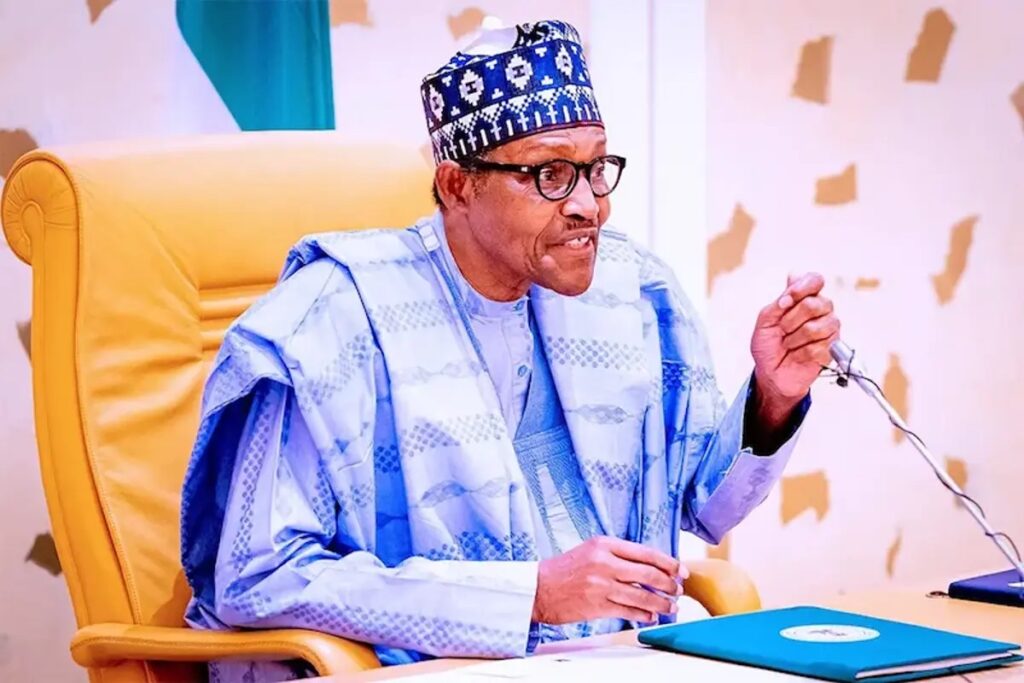
Similarly, Nigerian troops have been at the forefront of many peacekeeping deployments around the world – and especially in the region. These concerns would ordinarily be on the plate of the next president, but the negative implication of a contentious and divisive election will not only have consequences for Nigerians, but the region as well.
The Nigerian Electoral Act requires that parties submit the names of their candidates 180 days before the elections, thereby allowing for the legal resolution of fractious primaries ahead of the voting day. In signing the Electoral Act, President Buhari also requested that the section that precludes political office holders from participating in party primaries and voting during congresses be deleted, as it breaches participation rights. However, the National Assembly refused to make this amendment. This meant that several of Buhari’s ministers were unable to contest for elective office unless they first resigned their positions.
In May, the main opposition Peoples Democratic Party (PDP) delegates chose a long-time presidential aspirant, Atiku Abubakar as their candidate, as they did in 2019. He will be involved in a face off against Asiwaju Bola Ahmed Tinubu of the ruling All Progressives Congress (APC). On June 8, Tinubu emerged from an initial field of 28 candidates who paid N100 million each to purchase the party nomination forms. Just like at the PDP convention, when the decisive moment was delivered by the governor of Sokoto’s decision to stand down, handing his delegate votes to Atiku, the APC presidential primaries saw frontline South-West candidates such as governor of Ekiti State, Kayode Fayemi and former Ogun governor, Ibikunle Amosun, stepping down, and handing Tinubu their bloc votes.
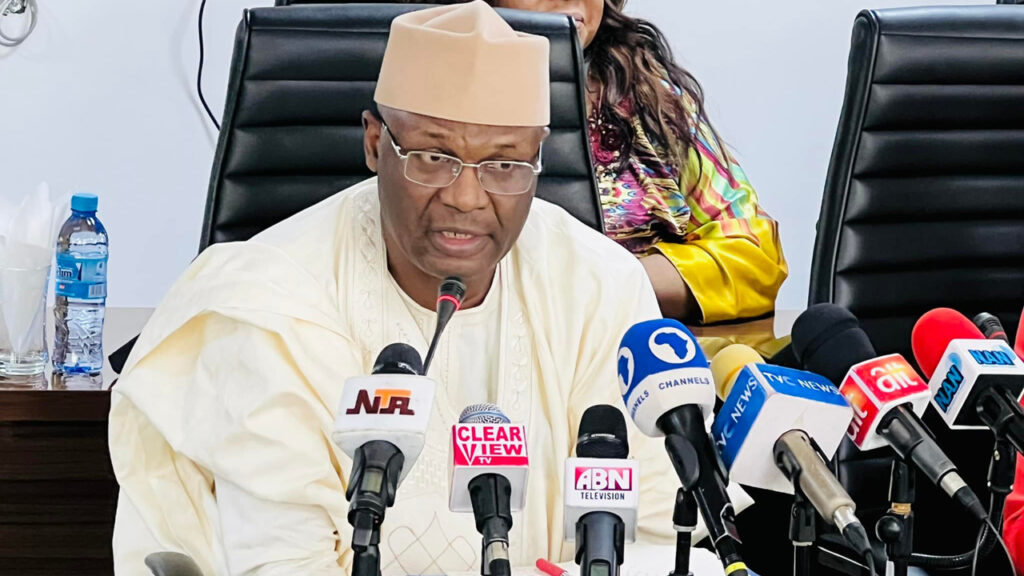
Tinubu, 70, and Atiku, 75, are now the frontline candidates in the forthcoming elections and both have significant war chests at their disposal. They previously worked together in 2007 when Tinubu’s party, the Action Congress, fielded Atiku, then the outgoing vice president, as their presidential candidate, and in 2015 when both were frontline promoters of the APC. However, with 60 percent of Nigeria’s population being youths and with many among that generation already disgruntled with the ruling class, following events such as the #EndSars protest against police brutality, the prospect of widening an intergenerational divide is clear.
Potential third forces that could increase the likelihood of Nigeria’s first ever presidential run-off election are Peter Obi, 60, who withdrew from the PDP primary contest and will now run as the Labour Party flag bearer, and Rabiu Musa Kwankwaso, 65. While Obi has cultivated a significant online following among younger voters, Kwankwaso is equally popular among youths in his native Kano State. The attempt to create a formidable third force seems to have been midwifed as the Peoples Redemption Party, New Nigeria Peoples Party (NNPP), National Rescue Movement (NRM) and the Nigeria Labour Congress have all agreed, for now, to an alliance to run under the banner of the Labour Party. A joint Obi-Kwankwaso ticket was mooted early this year, and while there is no agreement of an alliance in place yet, a coordinated alliance could shake up the presidential race.
The 2023 elections will be one of the most challenging to conduct in Nigeria as the country battles nodes of complex insecurity issues. The Boko Haram conflict that defined the 2015 election is yet to be quelled, and with bandits operating across the North-West, violent secessionist agitation spiraling in the South-East and farmer-herder clashes ongoing across the country, the 2023 election is set to take place amidst nationwide insecurity. The June 5 attack on a church in relatively stable Ondo State, in South-West Nigeria, which saw more than 50 people killed, was a stark reminder of the insecurity challenges that will make the safety of election materials and personnel a major challenge for INEC.
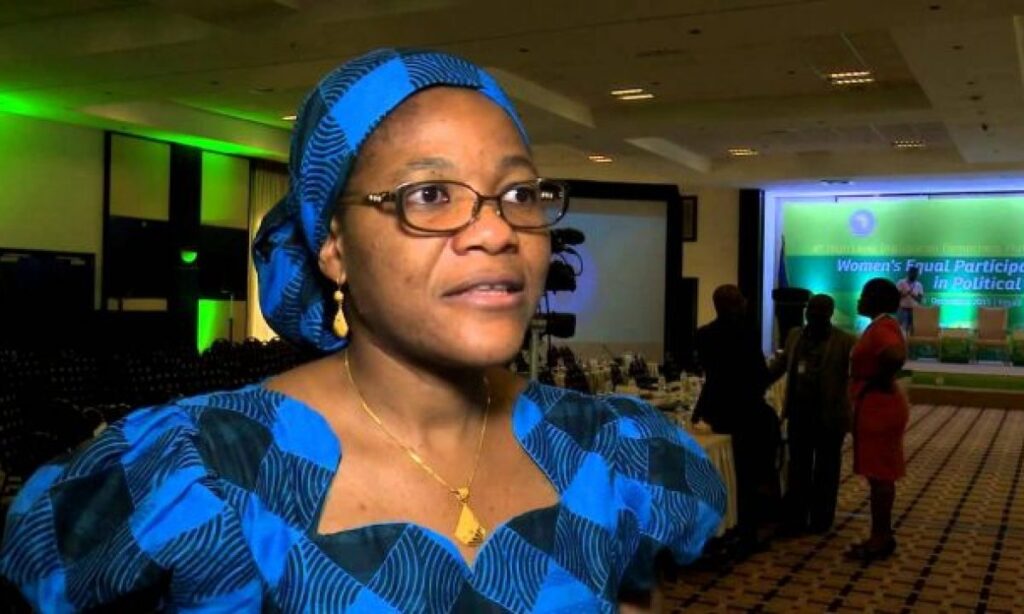
INEC chairman, Professor Mahmud Yakubu, is the first election body head to get a second term in the country’s history. But whilst Yakubu has done well to build on the successes of his predecessor, Attahiru Jega by adopting innovation and consulting regularly with key stakeholders, Nigeria’s zero-sum political game with desperate and disparate actors, out to win at all costs, still poses a sizeable threat to electoral integrity, despite technological advances.
Voter turnout is another area of concern. Just 34.75 per cent of eligible Nigerians voted in 2019 and a similarly low, or lower, turnout in 2023 would further undermine the credibility of the poll. But given the prevailing insecurity across the country, the choice available when it comes to the presidential race, difficulties in registering for permanent voter cards in insecure areas in Northern and South-East Nigeria and the likely rampant misinformation and disinformation that will emerge in the lead up to voting day, designed to draw distinct divisions and undermine the credibility of key election stakeholders, means that fewer Nigerians may vote next year than in 2019.
The increasing dependence on technology in this upcoming election also highlights how susceptible and vulnerable the election is to foreign policy interests. The Independent National Electoral Commission (INEC) revealed that there were several attempted server hacking attempts during the recently conducted off-cycle governorship elections in Ekiti and Osun states, citing that some hacker attempts came from places as far as Asia.
While the confidence of the INEC Chair in their precautionary measures has been reassuring so far, it also serves to highlight how key these elections will be to foreign interests. This leads to strong concerns around fake news and concerted campaigns to discredit the elections. Some citizens and media platforms unwittingly engage in misinformation, which is when fake news is peddled unintentionally. However, some groups actively carry out disinformation campaigns, which is when falsehoods are intentionally directed towards an aim. This is, however, not a new addition to the country’s elections.
The Centre for Democracy and Development (CDD-West Africa), a West African think-tank has been actively tracking fake news reports, especially around elections, and has often reflected them in its reports. For example, on the eve of the Ekiti State governorship elections this year, a ‘withdrawal’ message from the Social Democratic Party (SDP) candidate, Segun Oni, in favor of the People’s Democratic Party candidate was widely shared on social media. Despite efforts of many groups to fact-check this development, it is impossible to know the true extent of how this might have affected the elections. And while this point does not in any way seek to delegitimize the election, it definitely provides concern for ensuring a free and fair process.
Unlike the 2019 election which had 73 presidential candidates, the 2023 general election will feature just 18 candidates, with four main contenders: Atiku Abubakar of the Peoples Democratic Party (PDP), Bola Tinubu of the APC, Peter Obi of Labour Party (LP) and Rabiu Kwankwaso of the New Nigeria Peoples Party (NNPP).
These politicians have in the recent past, worked together and against each other in a bid to get the presidential seat. For instance, in 2019, Mr Kwankwaso and Atiku decamped to PDP, joining Mr Obi, who later emerged as Atiku’s running mate.
Before then, the trio of Atiku, Tinubu and Kwankwaso were all part of the then newly created APC, where they backed the now outgoing president Buhari to defeat the then ruling PDP.
“Nigerian presidential elections have always been a numbers game with the successful candidate looking for a majority of the total vote, plus at least 25 per cent of the vote in two-thirds of the states,” CDD said. “Presidential tickets are developed with these national and regional calculations in mind and alliances, even between some of the four leading parties, remain possible as the campaign period unfolds.”
The civic group has projected that the key issues that dominated the 2015 and 2019 elections – economy, security, and corruption – will remain on the front burner in the 2023 polls. CDD also concluded that “politicians will ultimately resort to using money that will play a huge role in determining who emerges the winner if the presidential primaries and recent gubernatorial elections are to offer any indication.”
“Following the party primaries the country experienced one of its worst foreign exchange crises in recent memory as demand for US dollars overshot supply,” it added.
“The commodification of votes has become a permanent feature of Nigerian elections. Instead of concentrating on issue-based politics, vote buying is always prioritized with cash, food, clothing, and other commodities given out in exchange for votes. During the off-cycle gubernatorial elections in Osun and Ekiti candidates boasted about matching dollar for dollar and Naira for Naira to prospective voters with a vote trading for as much as N20,000 (approximately $47).”
The stark truth is that the 2023 elections will follow the same trend If history is to be our guide. The pathway to a saner 2023 presidential election may be tortuous, nebulous and daunting; but the onus to make the polls credible rest with Nigerian democratic institutions – INEC, parties, voters and state agencies. It is a fight between vested interests and the people; urban and rural; tribal gangs and patriots. It is a ritual that all the stakes are staked for political power.
The question the whole world wants answers to right now is if the will of voters will triumph or will power mongers have a field day? Time will tell.

